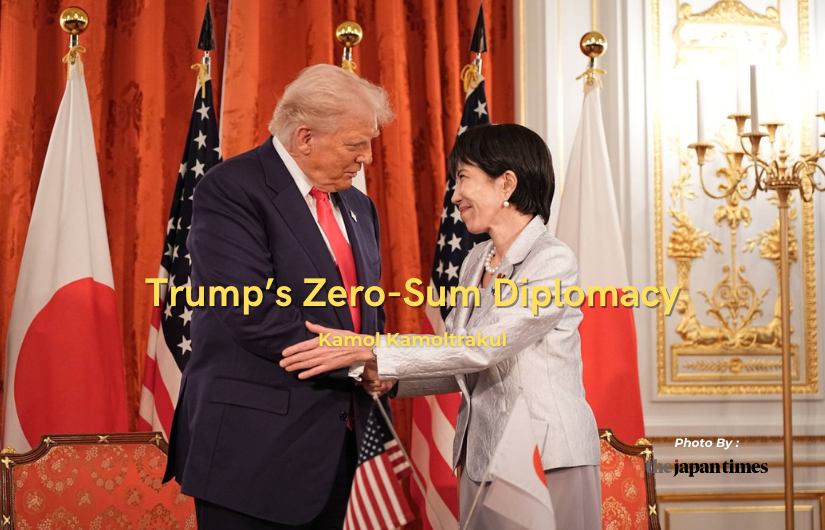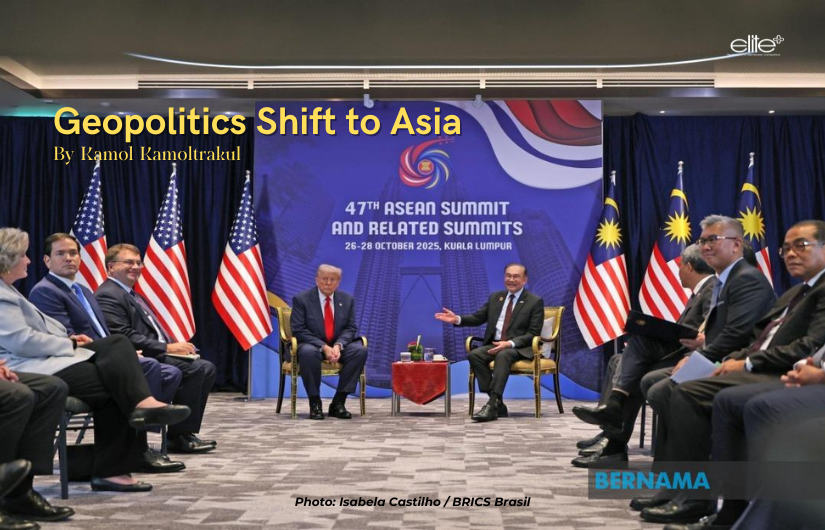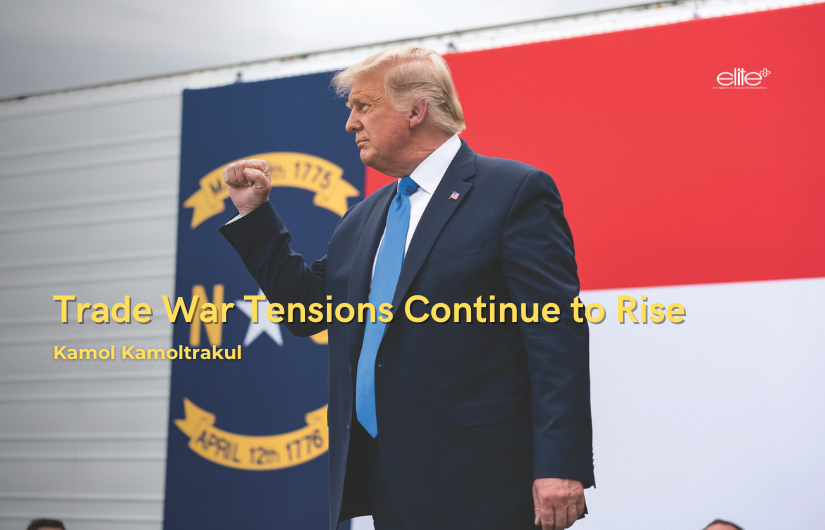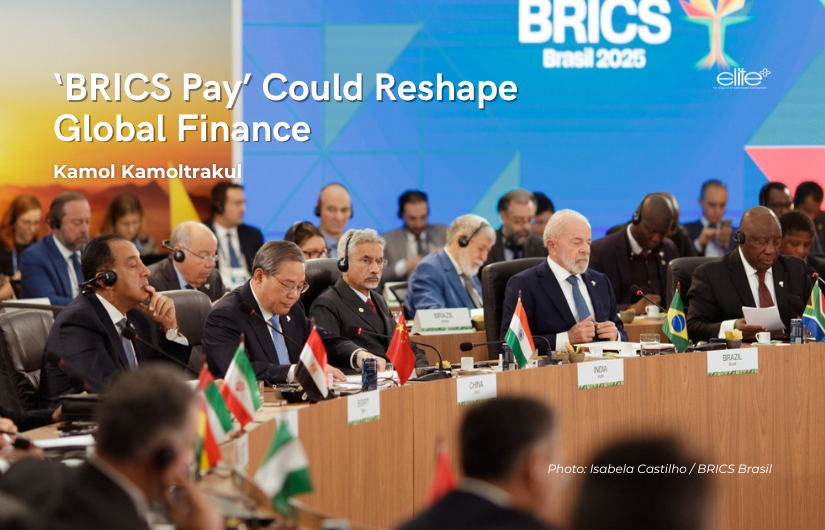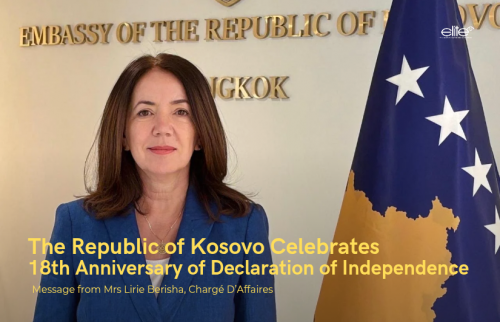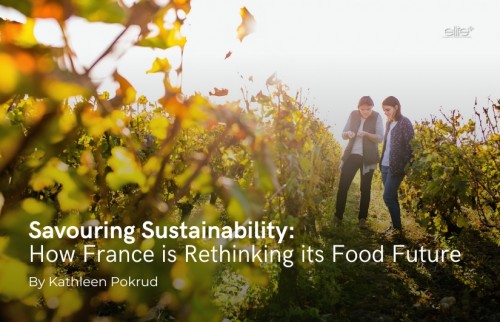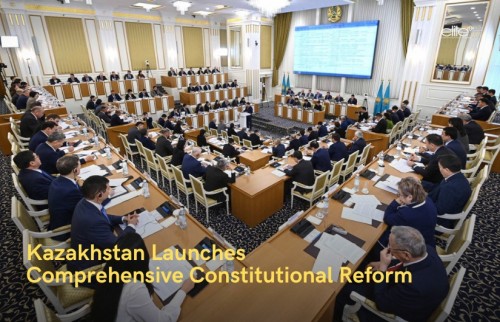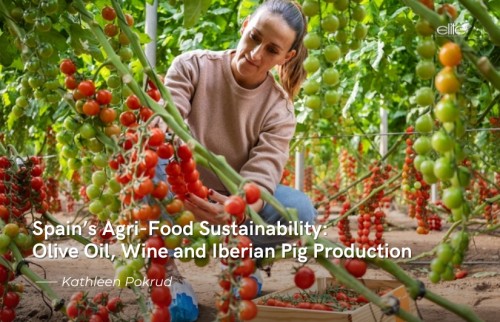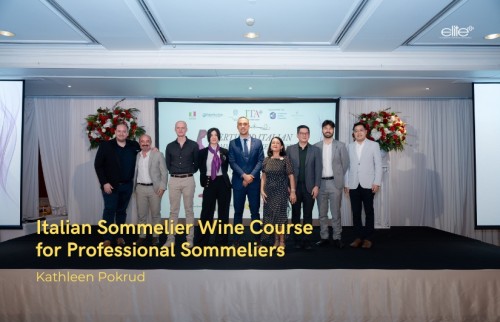Scams Damaging ASEAN Economic Growth
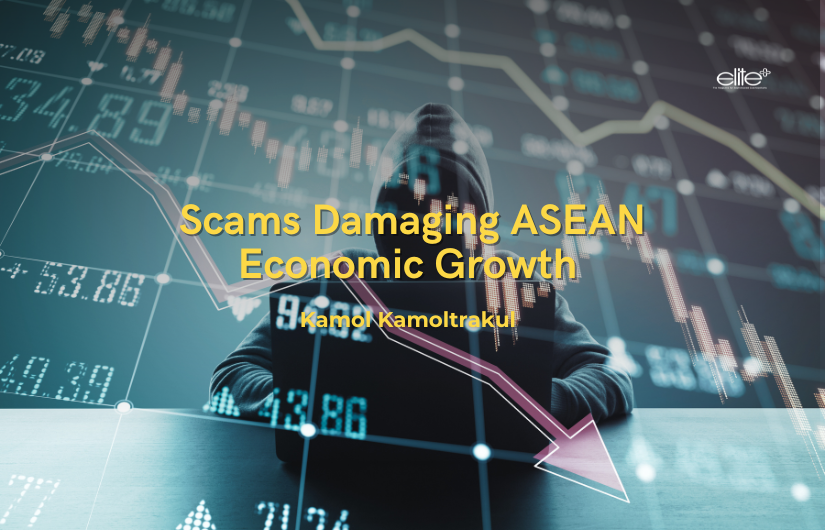
The economic crisis in ASEAN not only revealed the weakness of the region’s economies, but also outside factors affecting them such as uncertainties of the tariff war, corruption and scams. Scams have seemed to be a major factor of the economic crisis because they are taking away people’s purchasing power.
Scams are directly linked to corruption in ASEAN because organised crime networks employ corruption to operate with impunity, gain protection and traffic victims. Corrupt officials enable these criminal enterprises by allowing scam compounds to operate and even provide active protection.
According to Boice Lin, Chief Business Officer of ScamAdviser, in the past 12 months alone, scams have drained an estimated USD 23.6 billion from Southeast Asians, with nearly one in four adults reporting financial losses.
Malaysia's total losses from scams are approximately USD 12.8 billion while Thailand has lost around THB 115.3 billion (approximately USD 3.1 billion). Indonesia reported, in the first two quarters of 2025 over USD 200 million in losses from online scams. It appears that the threat to the country's economy is very high.
Hence, experts in the ASEAN+3 Macroeconomic Research Office (AMRO) reduced forecasts for the ASEAN+3 region to grow at 3.8% in 2025 and 3.6% in 2026, according to the latest quarterly update of its flagship ASEAN+3 Regional Economic Outlook (AREO). These growth forecasts represent a downward revision from AMRO’s April projections of 4.2% in 2025 and 4.1% in 2026, which did not include the impact of newly announced US tariffs.
In addition to the threat to the economy, psychiatrists pointed out that scams are leaving more than just financial damage. Nearly two-thirds of victims reported high stress levels, and 44% said it impacted their mental wellbeing. However, over 50% claim to be more vigilant after the experience, suggesting increased awareness as a silver lining.
In addition, a new study conducted among 6,000 adults across Southeast Asia reveals a sharp rise in scam exposure, with 63% of respondents claiming to have experienced a scam in the past 12 months. The findings highlight the growing speed, sophistication and emotional toll of scams, especially in countries like Thailand, Philippines, Vietnam and Malaysia.
There are several reports that indicate scam centres rely on forced labour, and that they proliferated during the pandemic. By some estimates they steal at least USD 64 billion a year.
The authorities in several countries have been trying to rescue people who were kidnapped and enslaved to work as scammers. The United States and Britain recently imposed sanctions on a Cambodian company, Prince Holding Group, of which Chen Zhi is the founder and chairman. He is now detained in a US prison facing charges of money laundering, human trafficking and other crimes. The US Justice Department already seized USD15 billion worth of bitcoin held by Chen Zhi.
The Prince Group allegedly operates at least ten scam compounds in Cambodia, where trafficked individuals are forced to work under threat of violence. Two facilities alone reportedly housed 1,250 mobile phones managing 76,000 fake social media accounts used to target victims.
Brooklyn US Attorney Joseph Nocella described the operation as “one of the largest investment frauds in history”, noting its devastating human cost. “These scams have caused billions in losses and untold misery, built on the backs of trafficked workers,” he said.
In a coordinated move, the US Treasury designated Prince Group a transnational criminal organisation and imposed sanctions on Zhi and over 100 associates. Prosecutors allege the group has used political influence and bribery to shield its activities from law enforcement across multiple jurisdictions.
In addition, ASEAN and its member states are trying to fight back against scammers through enhanced regional cooperation, joint law enforcement operations, improved national legislation and regulation, widespread public awareness campaigns and setting up Regional and International Cooperation on information sharing and joint operations.
ASEAN members are also enhancing cooperation through platforms, like the ASEAN Chiefs of Police Conference (ASEANAPOL), to strengthen intelligence exchange and operational frameworks. The INTERPOL ASEAN Cybercrime Operations Desk facilitates intelligence development and coordinates operations such as Operation Night Fury and Operation Goldfish Alpha, against cyber threats in the region by addressing human trafficking.
The authorities said, online scams are often linked to human trafficking, where victims are forced to work in scam compounds. The ASEAN-Australia Counter Trafficking Program (ASEAN-ACT) has conducted detailed assessments and made recommendations to address this issue.
Moreover, ASEAN works with countries, including China, the US and Australia, on anti-scam initiatives. Joint operations such as the one between Australian and Philippine police that shut down a scam compound in Manila, demonstrates this collaboration. The ASEAN Ministerial Meeting on Transnational Crime (AMMTC) has adopted a declaration to combat cybercrime and online scams, agreeing to enhance law enforcement coordination and implement stronger policies.
Hence, the outcome of regional co-operation show how several countries are trying to crack down on scam centres. This year, China, India and South Korea sent flights to repatriate hundreds of people freed from compounds in Myanmar. A court in China sentenced 16 people to death after convicting them of running an illegal gambling and scam ring there.
ASEAN countries are also implementing specific measures. Singapore established the Anti-Scam Command (ASC) to coordinate national efforts in real-time, working with banks and other institutions to trace and freeze illicit funds quickly. It also has public reporting mechanisms, like the "CheckMate" WhatsApp bot.
The Philippines passed the Anti-Financial Account Scamming Act (AFASA) to criminalise mule bank accounts and social engineering schemes and established an Inter-Agency Response Center (I-ARC) hotline (1326) for reporting scams.
Thailand has declared a "war on scammers" and taken action against scam hubs in neighbouring Myanmar by cutting off power and internet supplies to those areas while Indonesia is developing platforms to enable the public to report numbers used for scams so they can be blocked.
Moreover, ASEAN has agreed on Financial Disruption Efforts that focus on strengthening anti-money laundering (AML) frameworks to disrupt the flow of illicit funds, which often move rapidly across borders via cryptocurrencies and shell companies. Governments are aware of the importance of Public Awareness and Digital Literacy and are working with the private sector by partnering on widespread campaigns to educate citizens on emerging scam tactics and build digital resilience. Additionally, member states are introducing new legislation and regulatory measures for the banking and telecommunications sectors such as mandatory SIM card registration and "kill switches" for high-risk bank transactions.
However, critics say, these policies and regulations appear to be behind the scammers’ development of new and sophisticated strategies, tactics and models. In addition, the New York Times reported that another important factor which contributes to the failure of reducing the scams in ASEAN and elsewhere is that some authorities in those countries are partnering with the scammers’ groups for profit sharing or personal gains.
Thitinan Pongsudhirak, a professor of political science at Thailand’s Chulalongkorn University told CNA, “You can crack down on these symptoms and the manifestations … that you can see in the border areas, but they’ll come back unless you really have a decisive sustained effort."

Kamol Kamoltrakul 48 Posts
Visiting lecturer: Navy Academy Institution, NIDA, School of Governor, Ministry of Interior, Chulalongkorn University, Former Lecturer, ABAC Honorary Advisor Trade and Industry Committee Senate. Senior advisor, Standing Committee on Finance and Banking, The House of Representative. Former Advisor to the Minister of Interior Board Member of ThaiPBS Board Member Of Thai Consumer Council Columnist : Prachachart Business Weekly, Matichon Weekly, Khom Chad Luke Daily Former Program Director Asian Forum for Human Rights and Development ( FORUM-ASIA).



